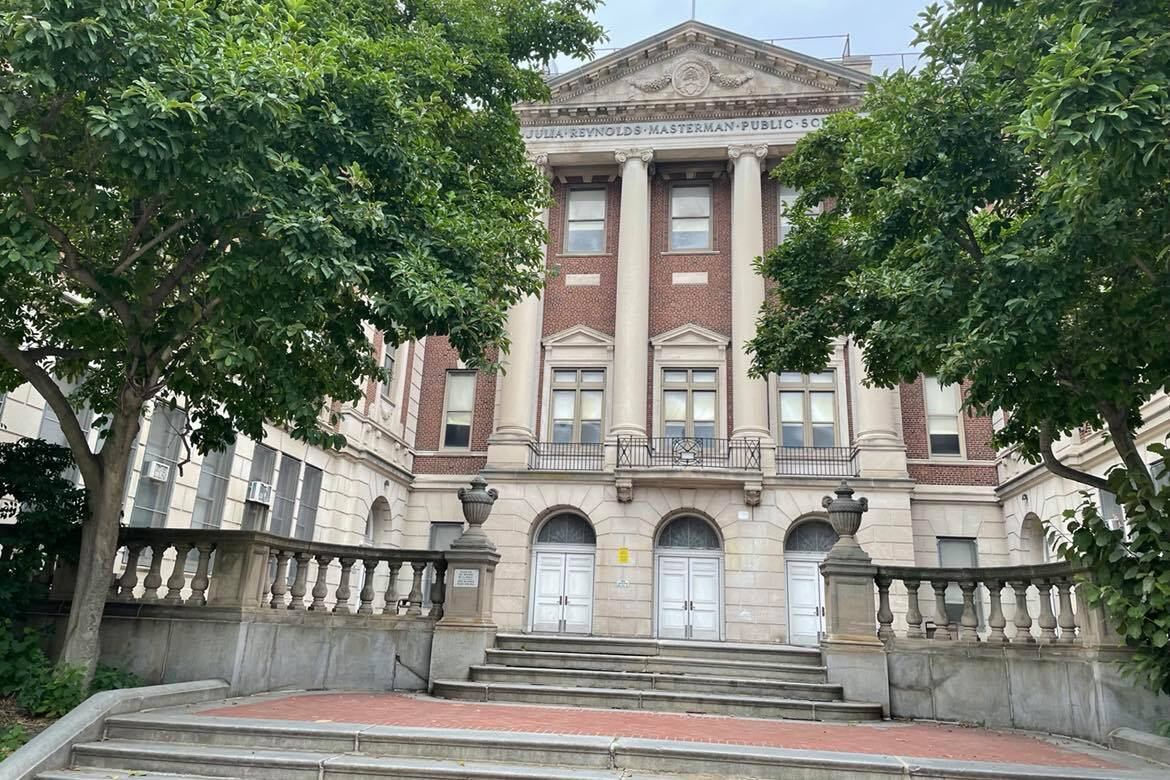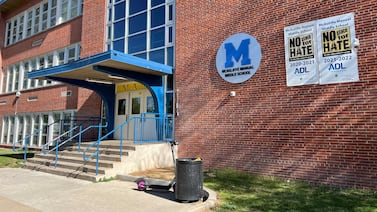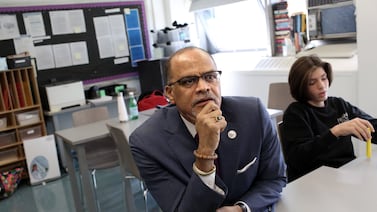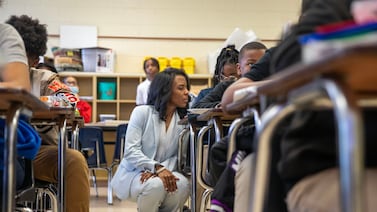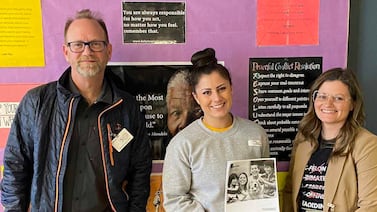A group of Philadelphia parents has started a petition asking the school district to delay an overhaul of the admissions process for the city’s most selective schools, saying that the changes were unveiled without adequate notice or meaningful input from families.
The petition, on Change.org, had gathered more than 900 signatures by Friday morning.
Earlier this month, on the day that the selection process opened for students seeking admission in fall 2022, district officials announced that they were revising the process to make sought-after magnet schools, such as Central and Masterman, more accessible to those who have been traditionally underrepresented, especially low-income Black and Latino students.
Instead of allowing school principals to pick from among qualified students, which has historically meant those with the highest grades and test scores, the district said it would now put all applicants who meet basic requirements into a lottery, with preference given to those in certain ZIP codes — presumably the city’s poorest — where students have traditionally been at a disadvantage.
The authors of the petition, who identified themselves as parents of children in the public schools, said that they “strongly share” concerns about equity and “fully recognize the need for proactive change to dramatically improve equity for all Philadelphia school children.”
However, they added, they said the changes were “unduly rushed” and, as a result, “we are very concerned that the entire process is fundamentally flawed.” They are asking that any changes in the process be paused for one year while the district listens to those that the changes will impact most. The petitioners also say that no major changes should be made until the district chooses a new superintendent. (Philadelphia Superintendent William Hite has announced he will leave at the end of his contract in August.)
The opportunity to attend the city’s most selective schools plays a large role in the decisions of many middle-class and affluent families who otherwise might decamp for the suburbs. Past superintendents have tried to make the system more equitable, but quickly retreated in the face of opposition.
Since the announcement of this year’s policy change on Oct. 6, the district has not revealed what ZIP codes will be given preference or how that preference will be applied. Students have until Nov. 21 to complete their applications.
Hite appeared at an event Thursday morning celebrating the 40th anniversary of one of the city’s selective, or “criteria-based” schools, the William R. Bodine High School of International Affairs. Bodine and other specialty schools, including Carver High School of Engineering & Science and the High School of the Creative and Performing Arts, were established when the district was under pressure from the Pennsylvania Human Relations Commission to create more desegregated schools.
Hite said he wasn’t aware of the parents’ petition and wasn’t sure whether the district’s new admissions process will result in a more equitable process. But, he added, “Not understanding what the outcome will be shouldn’t stop us from making changes.”
He said that officials are still studying school-by-school data and that an update with more specifics, such as the ZIP codes that will get preference. When announcing the changes, district officials said that the process would continue to evolve as they learn from this year’s experience.
Not all parents think the petition is a good idea. Jennifer Byiers did not sign it.
The district’s change in policy “is a step in the right direction,” said Byiers, whose son is a sixth grader at C.W. Henry elementary school in Mount Airy. “Whether you are happy or unhappy by the way it was executed, it is a more equitable system.”
Byiers points out that students in different neighborhoods have disparate school experiences. The criteria over the years have been test scores, attendance, punctuality, and a clean discipline record, which Byiers said often correlates with privilege. Due to the pandemic, there have been no state standardized tests given for the last two years. Test scores will not be a part of this year’s process, but no decision has yet been made whether to permanently eliminate such scores.
She understands that “everybody is trying to do what’s best for their own kid. It’s hard to argue that it’s not the most important thing. At the same time I think that people say they want the best for every kid, but not at the expense of their own.”
Her son passed on the chance to attend a special admission school to stay at Henry.
Students at Bodine come from all over the city, lured in part by the chance to travel abroad, a mainstay of sophomore year, and by the chance to learn with students unlike themselves, not often possible in Philadelphia’s segregated neighborhoods. The school’s 628 students are just over half Black/African-American, 22% Latino, 12% Asian and Asian American, 9% white, and 6% multiracial — figures close to the district’s overall ethnic and racial makeup.
“Diversity,” said Saniyyah Coley, a Bodine senior, when asked why she chose Bodine. She travels every day from Germantown to the school in Northern Liberties.
“Diversity,” said Mariam Kendeh, who comes from Southwest Philadelphia and whose family hails from Sierra Leone and Guinea.
Councilmember Helen Gym, who is Korean American and started her political career as an educational activist, also attended the event to celebrate the Bodine’s milestone. “Your commitment to a truly international, diverse, multilingual, multicultural, racial, multidimensional world, is one that will change America and this world for the better,” she said.
She said she is committed to fighting racism and exclusion in the admissions process, but she’s not convinced the new process will result in greater equity.
Hite said the admissions changes are matter of starting somewhere. “We also know the process we had didn’t yield equal opportunities for children, so we have to do something different,” he said.


